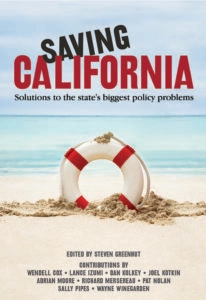|
||
Inspired by a recent California law, the Biden Administration has proposed federal regulations that would require new charter schools to “demonstrate community need” before being approved, and also restricts the ability of new and existing charter schools to receive federal funds. |
||
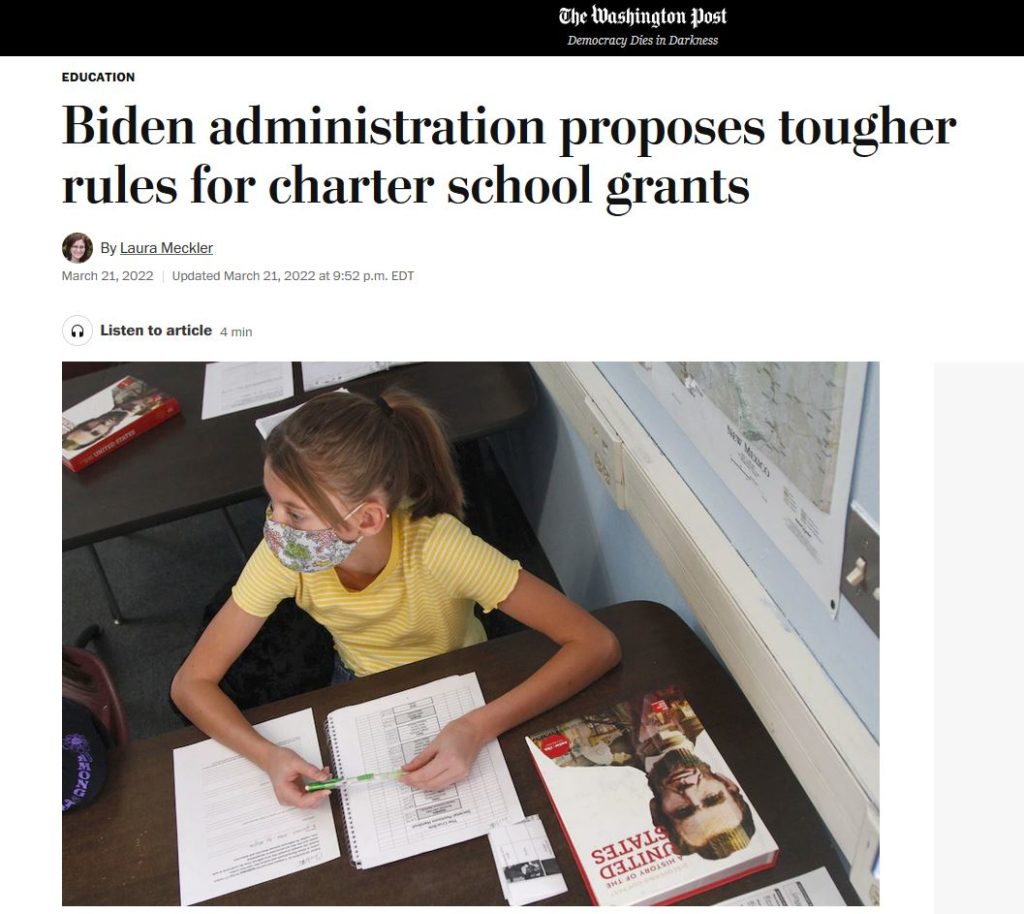 |
||
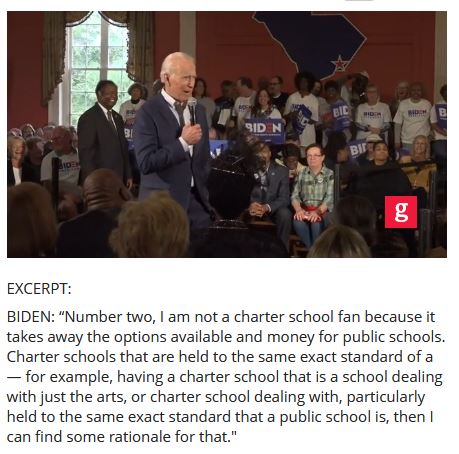 |
||
California Has “Been There, Done That” |
||
|
||
How California’s Anti-Charter Law Could Restrict School Choice Opportunities Nationwide |
||
| “These added reasons to disapprove new charter schools are vague and open-ended, giving school boards, which are often stacked with union-backed members, carte blanche to deny new charter-school petitions, with children being the victims.”
— “School Choice: California Looks Backwards, Florida Looks Forward,” Lance Izumi, Right by the Bay, 12/18/19 |
“Under the AB 1505 compromise, local school boards can disapprove a proposed charter school if it determines that the fiscal impact would be negative . . . the harsh reality is that the compromise largely dooms the prospects for the establishment of new charter schools in California.”
— “The Charter School Compromise – Putting Lipstick on a Pig”, Lance Izumi, Right by the Bay, 9/11/19 |
|
| “. . . Charter school enrollment does not differ between school districts that are in fiscal distress and those districts that are not, which leads the authors (of a University of Washington, Bothell study) to conclude that there is ‘no evidence to support the claim that charter schools are to blame for fiscal distress in California school districts.’”
“. . . Rather than scapegoating charter schools, which have been shown to improve the achievement of students, especially African Americans and Latinos, school districts should seek to reform themselves.” —“Charter Schools Don’t Fiscally Distress Regular Public Schools,” Lance Izumi, Fox and Hounds, 6/24/19 |
Read Lance Izumi’s chapter “A Return to Educational Excellence” in the PRI book Saving California
|
|
Stop Attacks on Charter Schools to
|
||
| President Biden and every American parent is right to be dissatisfied with the education status quo. But mirroring California’s attacks on charter schools will take away educational opportunities for students stuck in ineffective schools – and promotes the priorities of teacher unions rather than what’s in the best interests of every child.
Instead of enacting California’s policy mistakes, parents, students, and school choice advocates should push back against any further federal regulation of charter schools like those proposed by the Biden administration. Congress should also put pressure on local school districts across the country to get their act together and demand improvements in regular public schools, especially in light of the billions in COVID-19 relief that has gone to public schools across America. Another positive reform to look to is reviving a proposal from the previous administration for education freedom scholarships, which would have allowed taxpayers to make voluntary contributions to scholarship-granting organizations that would be identified and approved by states for scholarship programs that could be used by students for a variety of educational options. At the state level, policymakers should look to states like West Virginia and Florida that have opened up the education marketplace through new education scholarship programs that have expanded school choice options for all students, and to states like Arizona that have enacted into state law model policies to promote and expand charter schools. |
||
Visit www.kbcsandbox12.com/pri/beentheredonethat |
||
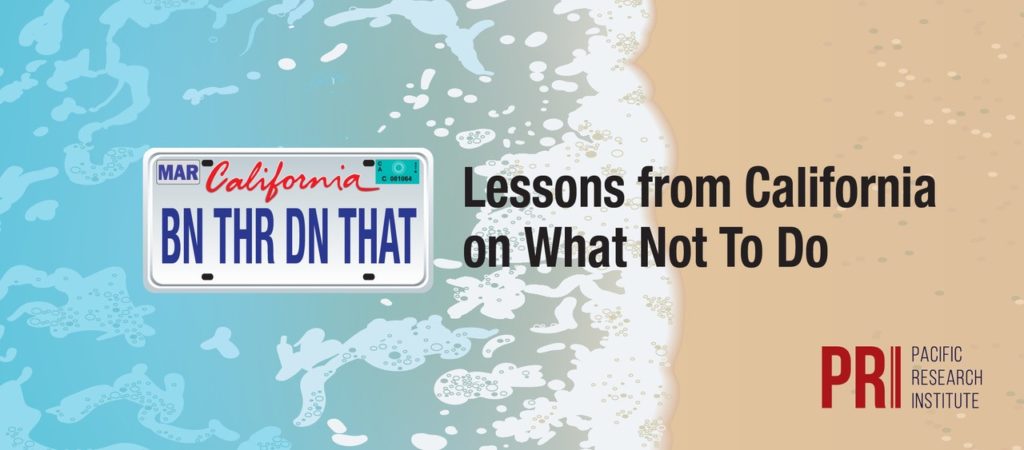 |
||
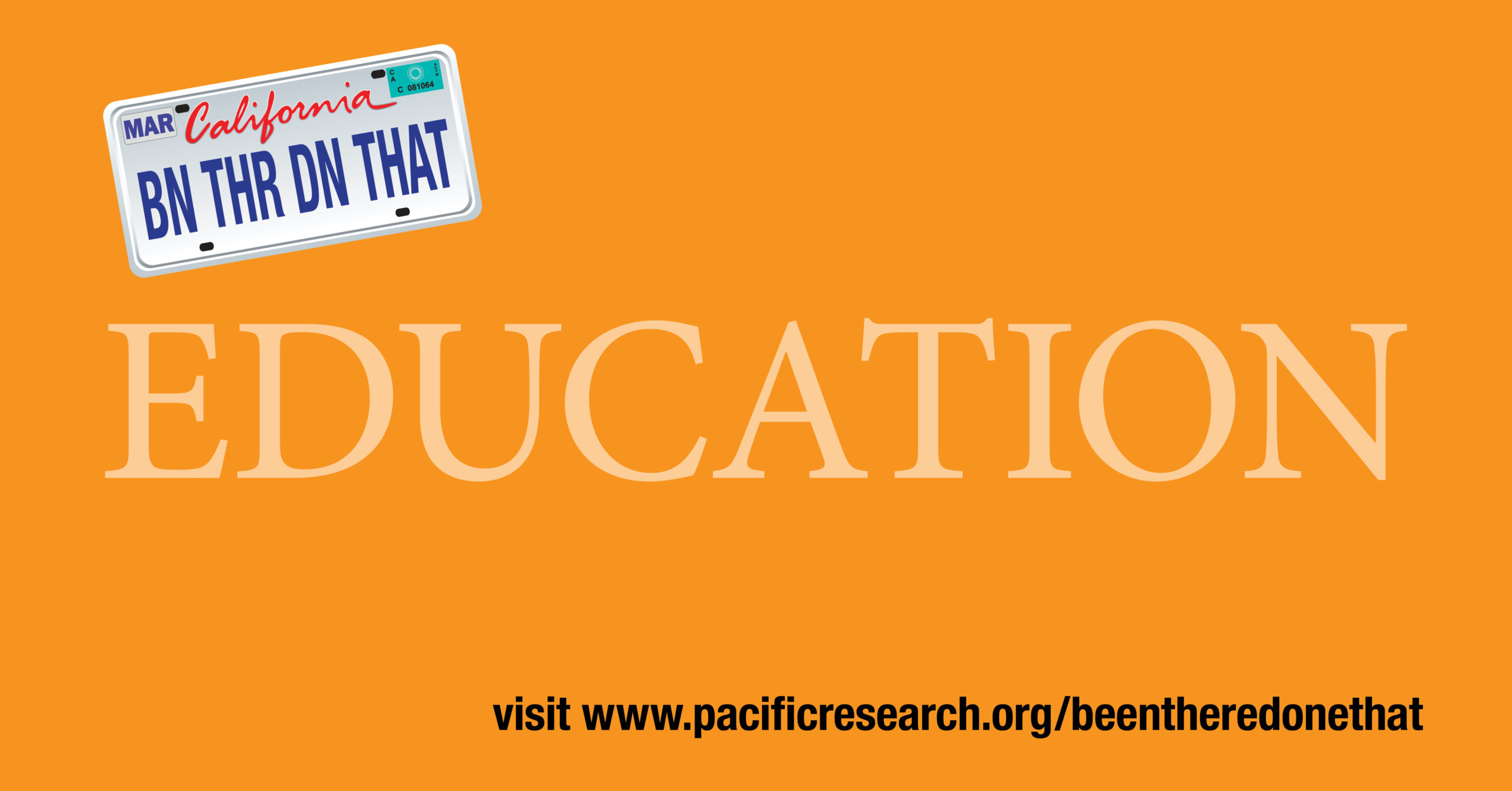
 Been There, Done That on Attacking Charter Schools
Been There, Done That on Attacking Charter Schools